
Tor and VPNs are two of the most secure ways by which you can stay safe on the internet. While their operations may be similar, they are software programs based on different technologies.
If you want to know which is the best, Tor vs. VPN? Then, you are on the right page. This article provides a detailed guide on VPN vs. Tor, examines their advantages and disadvantages, and reviews their core differences. We also answer common questions about using a VPN with Tor.
What is VPN?
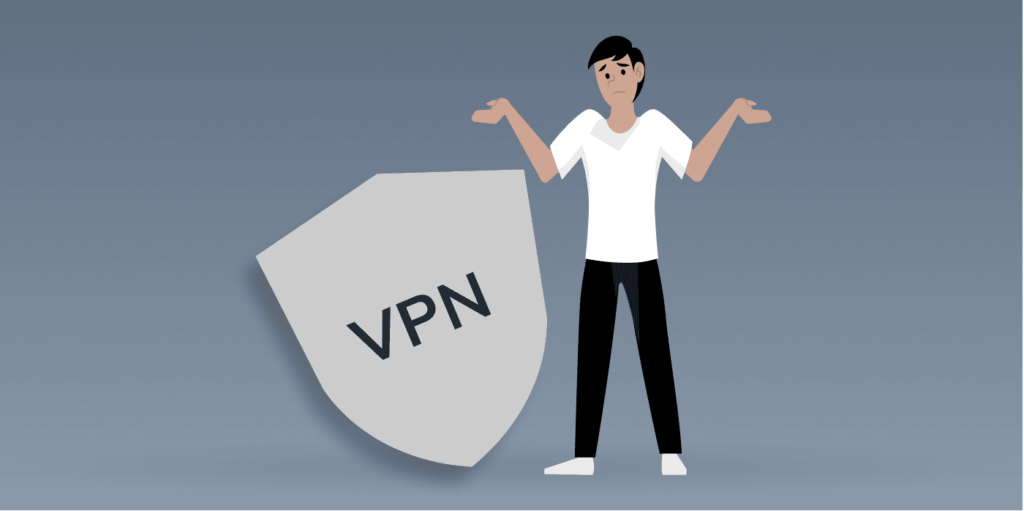
A VPN, or virtual private network, is a technology application for ensuring online safety and security. Private organizations often own these networks, maintain the VPN servers, and charge recurring subscription fees. VPNs are currently one of the most popular ways to ensure online safety and privacy.
Virtual private networks create an encrypted tunnel between your device and online traffic. You typically start by connecting to a VPN server, which replaces your IP address with a different one. This gives the illusion that you’re browsing the internet from a different location.
While connected to a VPN, the provider routes all your online traffic through its server, creating a secure tunnel. This tunnel, however, only encrypts your data once. Premium VPNs, like ExtremeVPN, offer features such as a no-logs policy, IPv6 and DNS leak protection, and 256-bit encryption for additional security.
Although you secure your data from ISPs, the VPN (particularly free ones) still knows who you are and the sites you visit. One layer of data encryption and multiple servers mean a VPN connection is almost as fast as your unprotected internet. Some VPNs, however, allow double-layered or multi-hopped connections.
What are the Benefits of Using a VPN?
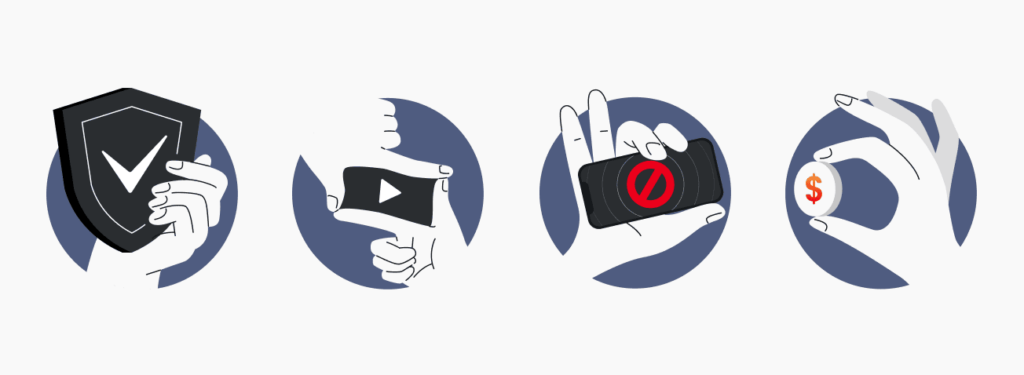
VPNs helped organizations address online security and privacy issues when first introduced. Below, you’ll find some of the benefits you may get from using a VPN:
Enhanced Data Encryption and Protection
VPNs remain one of the most trusted online data encryption and protection technologies. High-quality VPNs use 256-bit encryption to secure your data and online activities. This is the same encryption standard many government and military intelligence agencies use worldwide.
Fast Internet Speed
Due to the extra layer of server that your traffic has to move through, VPNs slow your internet speed. This latency is almost unnoticeable, though, especially for premium VPNs. These have thousands of servers in multiple locations, ensuring minimal load on any server at a particular time.
For example, ExtremeVPN has 6,500+ servers in over 78 countries, with download speeds reaching and exceeding 10GBIT. This enables you to stream high-quality videos and play network-demanding games at no noticeable lag.
Access to Geo-restricted Websites and Apps
When you register and subscribe to a standard VPN, you can also unblock geo-restricted websites and apps. This can help you access content and watch your favorite movies and shows. This feature of VPNs also enables you to eliminate pricing discrimination by service providers.
Rather than paying a higher price for the same content due to location differences, you can use a VPN. This lets you choose a country where the service is the cheapest and purchase it there.
Extensive Website and App Coverage
A VPN app covers every online activity you perform when you establish a connection. It secures the data you send, regardless of whether it is through a website or an app. Overall, a VPN secures gaming, streaming, file downloading and uploading, and other forms of online data sharing.
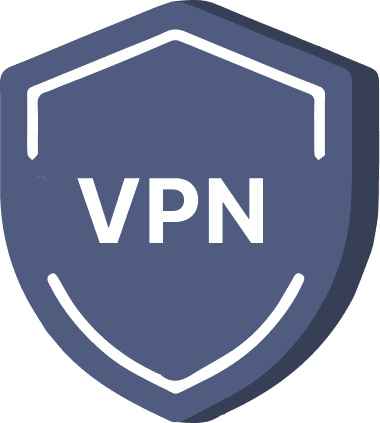
What are the Disadvantages of Using a VPN?
Here are some of the disadvantages of using a VPN:
Expensive Activation Fees
If you want quality VPN service, you must pay for it. The fee varies between each provider and the features you get on the network. Competition is fierce, so you can earn good bonuses and discount deals.
Can Store Your Personal Details
A VPN needs access to your personal details before it can encrypt them. This makes it less secure than Tor, where the exit node has no idea what happened at the guard node. When you want to register with a VPN, ensure you select one with a no-logs policy, like ExtremeVPN.
Easy to Detect and Ban
Many organizations and governments use anti-VPN technologies to prevent VPN access to restricted information. Most VPN providers respond by developing new ways to bypass these blocks. They now use obfuscated servers and have domain fronting and multiport capabilities.
What is Tor?
The onion router (Tor) may mean the Tor browser, the Tor Network, or the Tor project. All three describe open-source software that helps you remain anonymous online. When using Tor, your ISP or other snoopers can’t tell who or where you are.
Tor’s primary operation mechanism involves thousands of volunteer servers scattered worldwide, redirecting your traffic. Tor uses three of these servers for every device connection, called relays or nodes. Each node adds or removes a layer of encryption as traffic moves to and from your device.
The first server is the entry or guard node, interacting first with your data. The remaining two nodes are the middle and exit nodes. At its core, Tor helps hide data from hackers and other snoopers. This makes it perfect for activists, whistle-blowers, investigators, or journalists who must stay hidden while working.
What are the Benefits of Using Tor?
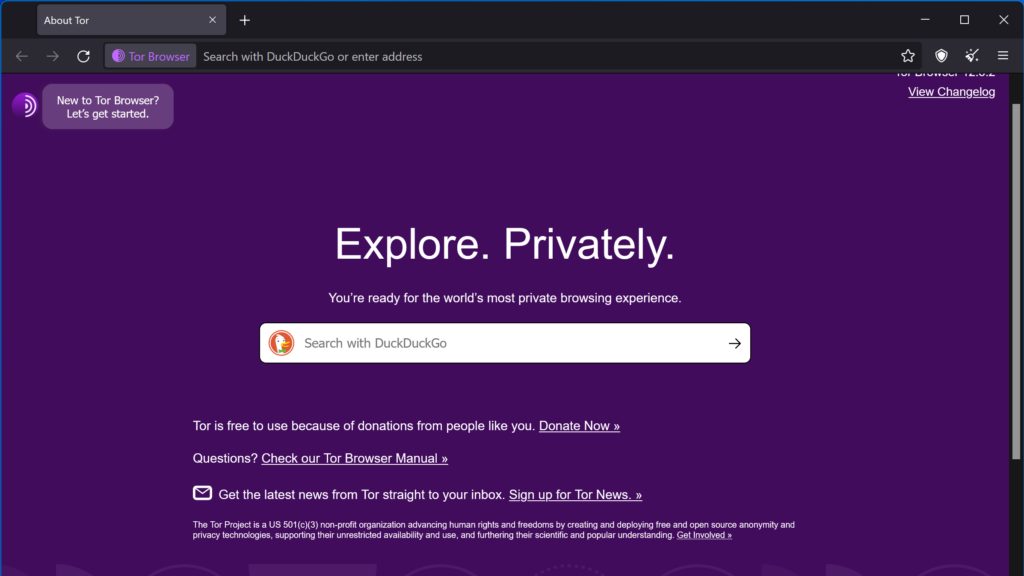
Numerous online users trust Tor for how effectively it can mask your online identity and keep you anonymous. Besides that, Tor has the following benefits:
Free-to-use and Open-source
Tor is a free and open-source network that allows contributions from any individual. You can download and install the browser onto your device and use it immediately without paying any fee. The browser also operates a worldwide network of volunteer servers to encrypt and decrypt data.
Resilience
Resilience means how easy it is to shut down the operations of a network or a server. Since Tor’s data encryption runs through 7,000 relays or nodes, cracking it down is difficult.
While there are anti-Tor technologies, these are highly sophisticated and target some servers in the process rather than the entire network. For example, ISPs may target guard or exit nodes to determine the actual IP address of the user and block Tor.
Deep Web Access
One unique benefit of using Tor over other data encryption methods is access to the deep and dark web. On the Tor network, you can view websites that regular browsers and search engines can’t index. Certain websites with onion in their URLs are only accessible on the Tor network and have strong links to the deep web.
Interoperability
Being an open-source and free project, Tor is available on all major platforms and operating systems. Currently, you can use the Tor browser on Windows, Linux, and MacOS.
A Tor browser version is also available on Android, or you can route your traffic through Tor’s network using the Orbot app. At the moment, there’s no official Tor browser version on iOS. However, you can use the recommended Onion browser, which the Tor network also powers.
What are the Disadvantages of Using Tor?
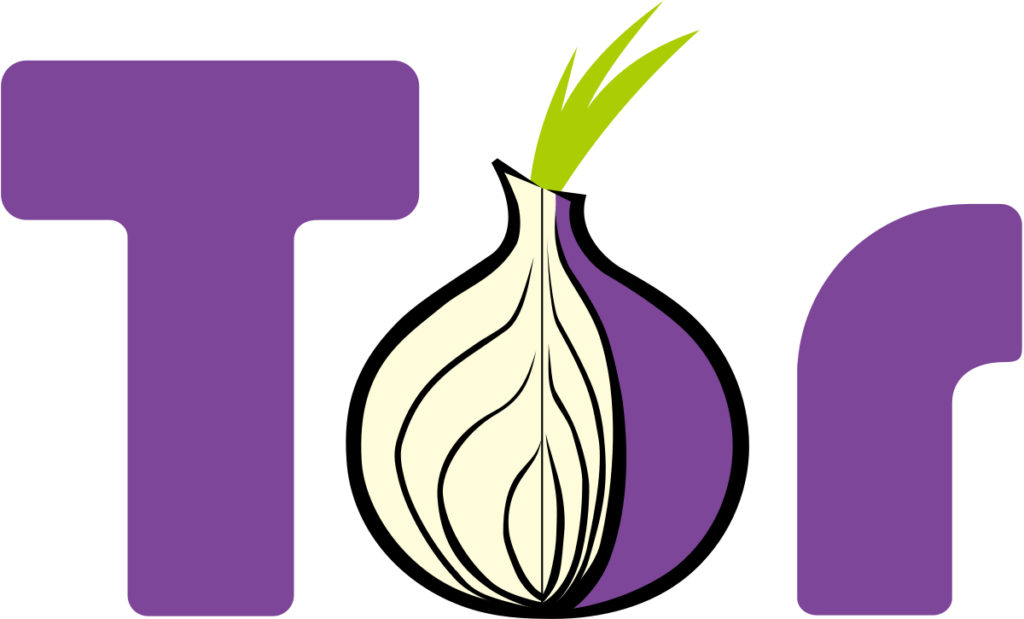
Below are some of the limitations of using Tor:
Slow Network Speed
The technology that encrypts your data on Tor also makes your browsing super slow. This makes it difficult to stream high-definition videos on Tor, download large files, or play massively online games. This is the reason many Onion websites look bare relative to regular websites.
Node Vulnerabilities
While the entire network is secure, a chain is only as strong as its weakest link. By targeting specific nodes, ISPs have found that they can unravel your online identity on the Tor network. Tor changes its nodes frequently, but certain websites allow you to check the IP address that belongs to a node.
Difficult to Access Geo-blocked Content
Unlike a VPN, Tor isn’t very dependable for accessing geo-blocked content. Relays or nodes are thousand of random computers worldwide, and you can’t choose the ones you want for your session. While this provides extra privacy, it makes it difficult to determine which content you can and can’t access at any time.
Is Tor Illegal?
No, browsing websites on Tor generally has no legal consequences. You must ensure that you’re using the website for legal activities only.
Avoid using Tor for illegal activities, such as trafficking drugs or sharing copyrighted materials. You can be the subject of a lawsuit if law enforcement agencies trace those activities back to you.
Certain countries, such as Russia and China, have also banned the use of Tor. You must be careful when using Tor in these countries to avoid trouble.
What is the Main Difference Between Tor and a VPN?
The most defining difference between VPN and Tor is their data and traffic encryption approach. While Tor’s data encryption process takes three stages and three different servers, VPNs only use one.
Tor’s servers consist of a network of worldwide volunteer computers, so their maintenance depends on these individuals. VPN providers house their servers in specific locations worldwide and are responsible for maintenance and care.
For Tor, each node only knows the information the last node passed. That means the middle node only sees what’s coming through the exit or entry node, not what happens after that. This makes your data more anonymous and more challenging to track.
In a VPN connection, your data only passes through one server. That server, and ultimately the VPN provider, has full access to your personal information.
To ensure your data privacy and anonymity, many VPNs have a no-logs policy that clears your online activities at the end of each session. Specific VPNs also have multi-hop features that route your data through two servers in separate locations. This, however, is resource intensive, slow, and drains battery, so only use it during pressing needs.
Using VPN with Tor
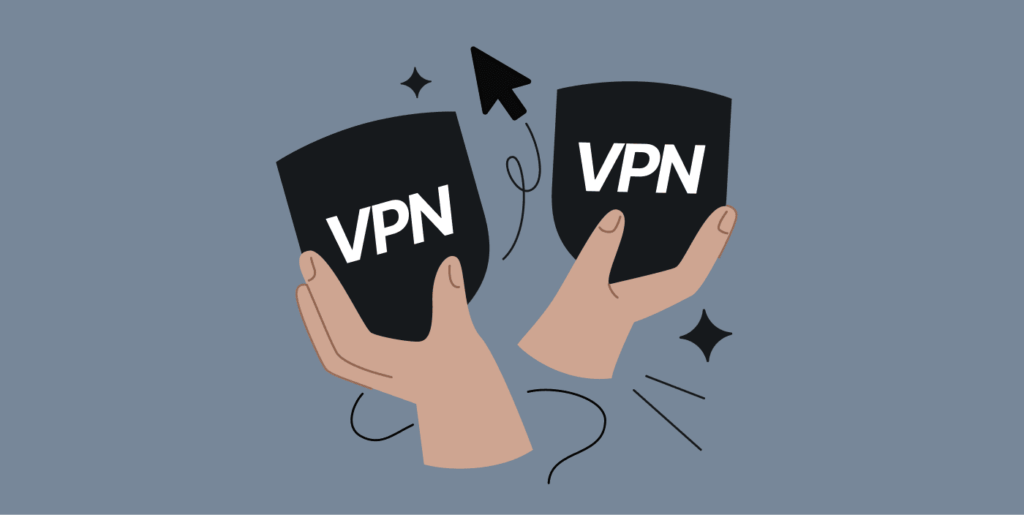
Despite being different technologies, you can combine VPN and Tor’s operations. The two ways by which this is possible include the following:
1. Onion Over VPN
In an Onion over VPN connection, you connect to a VPN first, open Tor, and browse. Since a VPN is your first connection point, you already have a separate IP address. That means when you send your first query through Tor, the network receives a fake rather than your actual IP address.
That IP address then travels through Tor’s three nodes, making four servers. This extra protection layer makes it difficult for anti-Tor programs to trace any traffic back to you.
Onion over VPN provides comprehensive online security but at the expense of browsing speed. The trade-off is worth it, though, if your online security matters more than the speed at which you can send or receive data.
2. VPN Over Tor
This occurs when you invert the Onion over VPN connection. That means you open the Tor browser first, then connect to a VPN afterward. This process doesn’t lose any of the steps present in the first method, as your data still moves through four servers, only in reverse order.
Tor’s guard node detects your personal information, encrypts it, and sends it to the middle node. The middle node repeats the same process and passes it to the exit node, from which it moves to the VPN server.
Seemingly, this looks as secure as Onion over VPN, but it’s, in fact, less safe. Having your actual IP address move through Tor’s guard nodes makes it vulnerable to tracking. Your ISP may revoke your access to Tor when that happens.